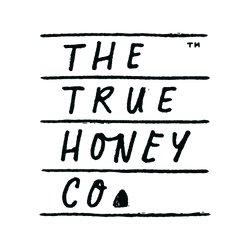
Well, it’s been a rather busy week in the Manuka honey industry, with people (ahem) abuzz with the news that Fera – a private UK science agency – has developed a test that can identify fake Manuka honey.
Meanwhile, Paul Dansted, a director at New Zealand’s Ministry for Primary Industries (MPI), has acknowledged that there had never been a specific legal standard, test or definition for New Zealand’s unique export. “There is no robust, scientific definition of Manuka honey.”
So how on earth do you know you’re getting the real thing? Well, we can’t speak for anyone else in the industry, but here’s a bit of a rundown of all the things we do to make sure that when you buy a jar of The True Honey Co. Manuka honey, it is exactly what it says on the label.
Beehive and beyond
We’ve always gone to great lengths to make sure that the only thing in our Manuka honey is, well, Manuka honey. We wouldn’t dream of telling our clever, industrious honeybees exactly what they can and can’t eat. Instead, we place our own beehives deep within New Zealand’s remote, green back country blocks of native Manuka bush, right when it’s blooming. That way, all of our stripy friends have VIP access to high concentrations of Manuka nectar when it counts.
No meddling, no middle men
Our ‘Hive to Home’ business model means we’re in charge of our Manuka honey at every point in the supply chain until it reaches honey lovers in New Zealand and the UK. This means we harvest, craft and bottle every drop ourselves, and only sell Manuka honey that’s been independently tested to be MGO 300+ and above. Once they’re filled at our little bottling plant, every jar is gently protected by our tamper-proof, sustainable packaging until it’s unwrapped and enjoyed at your place.
Why MGO matters
We choose to use the MGO rating system, because it relates directly to Manuka honey’s uniquely high content of a sugar called methylglyoxal (MGO). This organic compound is scientifically shown to give Manuka honey its ‘non-peroxide’ antimicrobial activity. And our honey is independently tested for its MGO levels by the accredited laboratory Analytica, which is recognised by MPI.
Right now, we follow and comply with MPI regulations. The Ministry has also announced that it will be releasing its own Manuka-specific test soon. We welcome wholeheartedly the chance to have our products tested by MPI. That way, honey lovers everywhere will be able to buy Manuka honey with trust and reassurance.
While we’re on the topic, watch this very space for a future post about your honey’s epic journey from hive to home. Or sign up to our monthly e-newsletter to get the goodness via the wonders of email.

